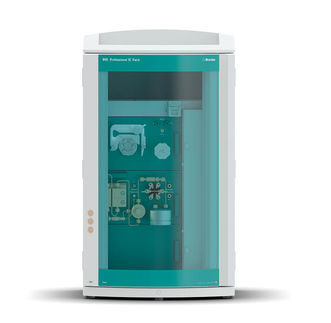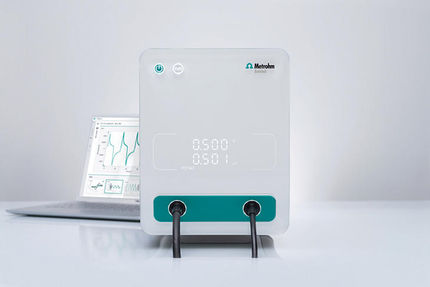To use all functions of this page, please activate cookies in your browser.
my.chemeurope.com
With an accout for my.chemeurope.com you can always see everything at a glance – and you can configure your own website and individual newsletter.
- My watch list
- My saved searches
- My saved topics
- My newsletter
Biogenic sulfide corrosion
Product highlightBiogenic Sulfide Corrosion is a bacterially mediated process of forming hydrogen sulfide gas and the subsequent conversion to sulfuric acid that attacks concrete and steel within wastewater environments. The hydrogen sulfide gas is oxidized in the presence of moisture to form sulfuric acid that attacks the matrix of concrete. The effect of sulfuric acid on concrete and steel surfaces exposed to severe wastewater environments can be devastating. Fresh domestic sewage entering a wastewater collection system contains an abundance of sulfates, SO4=. In the absence of dissolved oxygen and nitrates, these sulfates are reduced by a sulfate reducing bacteria (SRB), identified primarily from the obligate anaerobic species Desulfovibrio, to form H2S (via an esoteric reaction). Once the H2S gas diffuses into the headspace environment above the wastewater, a sulfur oxidizing bacteria (SOB), primarily genus Thiobacillus aerobic bacteria, which colonize on pipe crowns, walls, and other surfaces above the waterline in wastewater pipes and structures, metabolize the H2S gas and oxidize it to H2SO4. This oxidizing process can take place where there is an adequate supply of hydrogen sulfide gas greater than 2 ppm, high relative humidity, and atmospheric oxygen. |
| This article is licensed under the GNU Free Documentation License. It uses material from the Wikipedia article "Biogenic_sulfide_corrosion". A list of authors is available in Wikipedia. |







